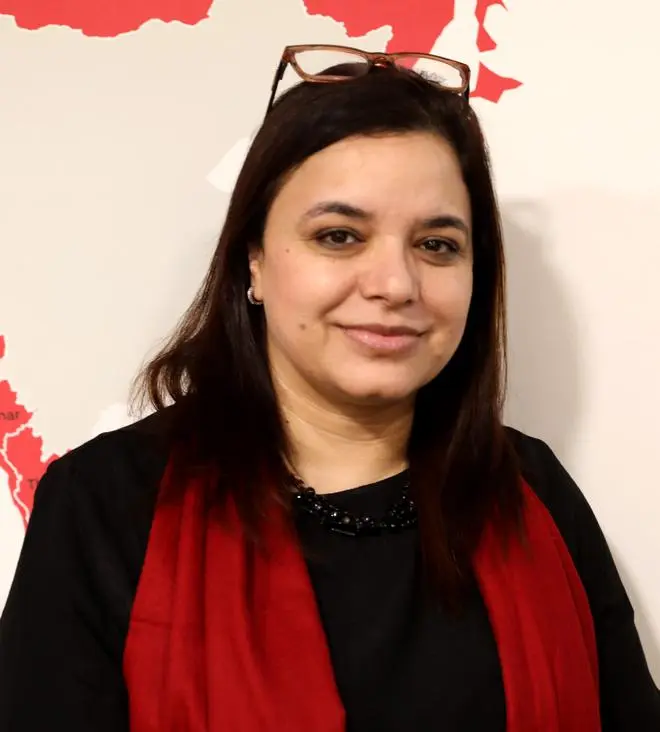In 52 years of existence, our frontline health workers have witnessed lack of access to health facilities and medical care — not because of instability but the deliberate intent of parties in conflict.
Following the attacks on hospitals in Gaza, for over nine weeks, access and availability of medical care has been scarce. Public health infrastructure and services were attacked, resulting in the injury and death of civilians — most of them children, women and elderly, besides humanitarian and health workers. Many more remain under the rubble. Mobility for health workers became impossible due to the attacks and siege of fuel, water and medical supplies which are essential to run health facilities.
In Medicins Sans Frontieres/ Doctors Without Borders (MSF) clinics, and those supported by us, our wound dressing team attended to patients with infected wounds and worm-infestation. Patients with limbs, which should have been salvable, reach us with advanced gangrene and we had no choice but to amputate. One patient had burn wounds infested with worms.
Victims with burns that should not be life threatening, are in an irreversible septic condition. The hardest cases are the injured patients in northern Gaza hospitals where medics operated without electricity, antibiotics, gauze or even water.
Health services are limited in Rafah, the southernmost area of the strip. On December 9, the MSF team there started to support Al-Shaboura clinic, treating over 130 patients on Day 1. Every other patient in the clinic has a respiratory tract infection due to prolonged exposure to cold and rain, as people live in extremely poor hygienic conditions.
Children under five-years comprise nearly half our clinic consultation. When you have unaccompanied minor patients, as young as five, sharing with our psychologists and counsellors that they don’t wish to live as they can’t bear the suffering — it is a telling tale of lost humanity.
As WHO Director General Tedros recently remarked, “There is no peace without health and no health without peace. Hope is the rarest of medicines.”
Amputees, patients with extreme burns and trauma, infected wounds that will need post-surgical care are not on the radar of attention yet. With absence of specialised care for cancer, hemodialysis, NCD, immunisation — we fear more non-conflict related morbidity. We are not even seeing the tip of the iceberg of medical needs — a massive challenge in the coming weeks.

Farhat Mantoo
(The writer is Executive Director, MSF South Asia. Views are personal.)




